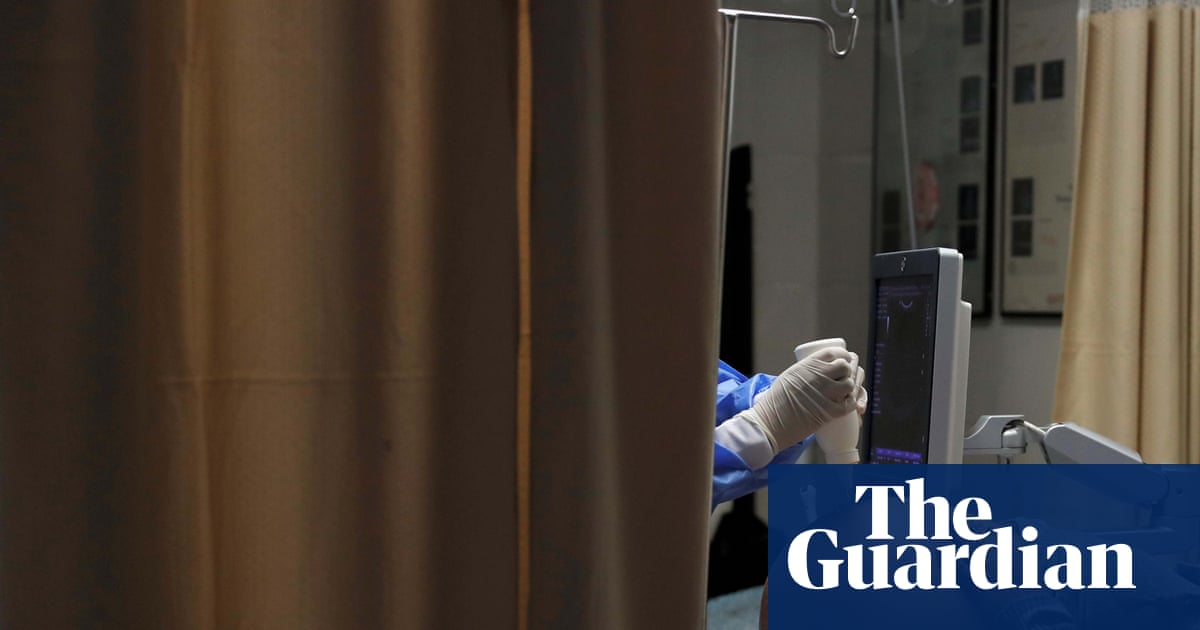An international surrogacy ring exploited impoverished women, denied payments for miscarriages, and “commercialised” babies in Argentina, prosecutors have alleged.
A team of prosecutors said they had discovered a “criminal enterprise” which has been charging foreign couples about $50,000 for a baby born by surrogacy in Argentina.
They said “vulnerable women in conditions of economic deprivation” were targeted and recruited on social media. The women were offered $10,000, with a bonus of $1-2,000 if they gave birth by caesarean section.
But if the pregnancy was interrupted for any reason – such as a miscarriage – the companies refused to pay the surrogates, except for the minimum monthly expenses, prosecutors claimed.
Earlier this month police raided four fertility centres in Buenos Aires and two in Rosario, seven notary offices, and three law firms, seizing medical and payment records. The public prosecutor’s office, along with the office for human trafficking and exploitation, is investigating those involved for crimes of trafficking and the “commercialisation” of children.
“Those under investigation carried out a criminal enterprise dedicated to the recruitment of women, many of them vulnerable and in conditions of economic deprivation, with the aim of subjecting them to exploitation comparable to reduction to servitude,” prosecutors said.
A source close to the investigation said that those running the scheme, advertised by various individuals and companies as Program Argentina, “obtained significant profits”.
Nigel Cantwell, the founder of Defence for Children International and one of the world’s leading authorities on child protection policies, said the allegations in Argentina were “particularly egregious”.
“If the women were not being paid for their services when there was a problem during the pregnancies, then it was pure sale of children,” he added. “It’s an extraordinarily difficult thing to try to defend on an ethical basis.”
No international rules or treaties exist for surrogacy, and national regulations vary widely. In wealthy countries, surrogacies now often involve pre-screening, counselling and legal advice – and in Britain intended parents are vetted by social workers.
But surrogates selected in developing countries are often poor and illiterate, while experts say that some sign contracts without fully understanding the documentation. There are also usually no or few checks on those requesting a surrogacy arrangement, Cantwell said.
The Argentinian investigation started in January when a 58-year-old German woman took a three-month-old baby in “very poor health” to the emergency room at a hospital in Bonn, prosecutors said. The child was found to have been born in Argentina via surrogacy. German police determined that the woman was not fit to care for the baby, and subsequently placed her into temporary foster care.
Several developing countries have made attempts to end international surrogacy in recent years – Thailand and India banned foreign people from paying for surrogacy in 2015 – but the practice has continued to boom. It is estimated that the global surrogacy industry had a value of $14bn in 2022, increasing to $17.9bn in 2023, and is expected to reach $139bn by 2032.
“With the decrease in inter-country adoptions, and the increasing ability to access surrogacy, international surrogacy is going up,” said Cantwell.
Experts have denounced a legal vacuum for commercial international surrogacy in Argentina. The source close to the investigation said that those involved took advantage of weak regulations “to make Argentina a place of ‘reproductive tourism’” to directly benefit “couples from more developed nations”.
Argentina has been suffering from a crippling economic crisis for decades. More than 50% of people are living in poverty, while 70% of workers earn less than 550,000 pesos a month – roughly £430.
Prosecutors are now investigating similar cases going back to 2018. They have so far identified at least 49 others which they say share similar characteristics to the initial “German case”. None of the organisations or individuals under investigation have yet been publicly named.
“The incident that led to the initiation of the case is not isolated,” federal prosecutor María Alejandra Mángano said in a statement. “On the contrary, it was revealed that it was a business scheme, developed at a national and international level.”












